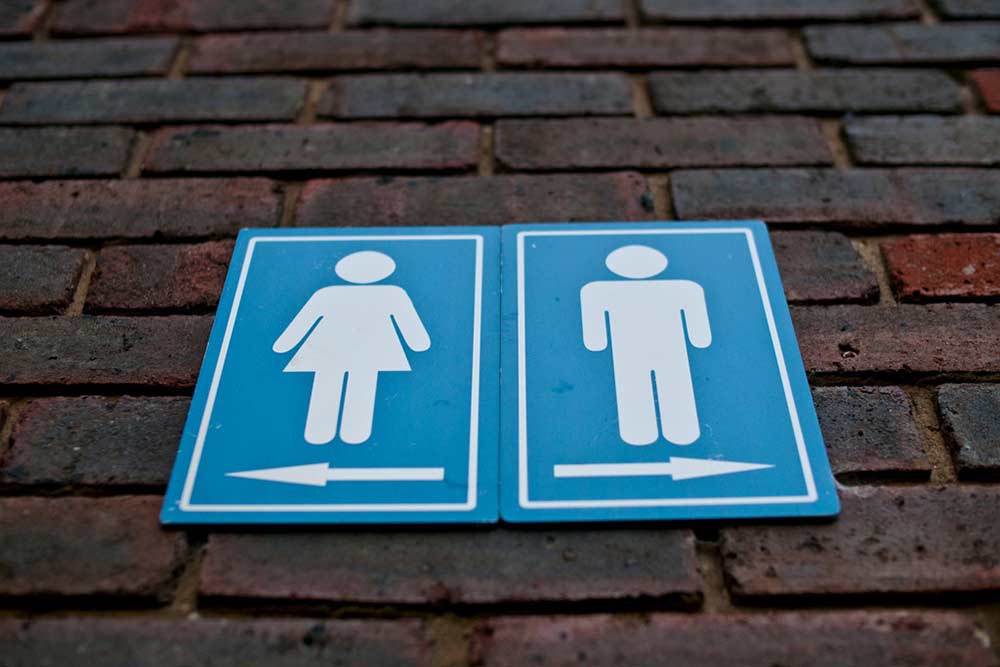
Image: Nikos Anastasiou
Councils are on the frontline in the fight against offenders who place miniature recording devices in public toilets.
The City of Greater Geelong recently had such an incident in a toilet block in Kardinia Park, South Geelong.
In response, the City will begin an additional program of inspecting its 150 public toilet facilities.
Acting Chief Executive William Tieppo said sporting club officials found the devices and immediately notified police.
“The City is appalled at such apparent criminal behaviour and is providing every assistance to police to apprehend the perpetrators,” Mr Tieppo said.
“We’re also asking sporting clubs throughout the region to report immediately any unusual objects or equipment they might find in any public facility.”
He warned the community to be alert when using public toilets and to report any unusual objects to Victoria Police or the City.
According to Anthony Morgan, Research Manager at the Australian Institute of Criminology, public toilets are one of the places being targeted by offenders which meant councils had an important role to play in protecting their ratepayers and the broader community.
“It’s difficult to determine whether this type of offence is on the rise as it’s relatively new,” he said.
“However, given the potential for a large number of people to be affected by one camera installation or mobile phone, it’s a quite serious offence. It follows that it is of concern to both councils and their communities.
“Some jurisdictions have introduced new laws to cover these types of offences and penalties for filming private parts and sharing those images online without consent can be serious.
“This covers incidents where the cameras are installed in a public location and mobile devices, known as ‘upskirting’ videos.
“There are two main drivers for such offences. The first is the advancement in recording technology, particularly small recording devices and wireless networks,” he said.
“The second is the availability of file sharing websites that enable users to anonymously upload pictures, which has undoubtedly created an opportunity for these offences.
“The challenge for councils is finding the balance between security and restricting access to facilities. If they go too far in one direction, they can risk unintended negative consequences. For example, if you close down toilets you end up with public urination. Plus, lack of access to syringe disposal boxes can lead to incorrectly discarded syringes,” Mr Morgan said.
There are few things that councils can do help them deal with such offences, Mr Morgan explained.
When conducting inspections as part of regular maintenance, council staff and contractors could look for signs of cameras being installed. Councils can take steps to ensure that such personnel are aware of the proper reporting channels. For example, they would report to a nominated council staff member in the first instance, which would then inspect the facilities and report the matter to police.
“The opportunities to install and hide this type of device will increase with the development of technology. And the opportunity will increase in a poorly maintained facility,” Anthony said.
“In parallel, there’s a lot of work being done on the design of these facilities which will also be helpful. Crime Prevention Through Environment Design (CPTED) principles and guidelines are making building facilities safer as they reduce the opportunity for all sorts of crimes to be committed.
“CPTED audit of existing facilities may also be undertaken to ensure compliance. CPTED design includes considerations of lighting and natural surveillance plus the elimination of hiding spots around the facility,” Mr Morgan said.





